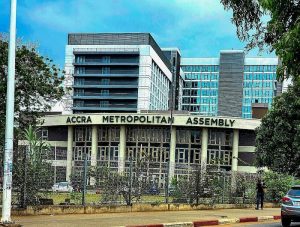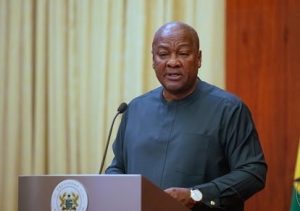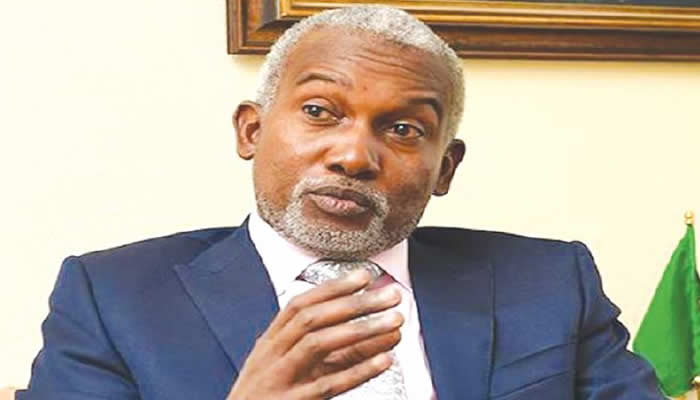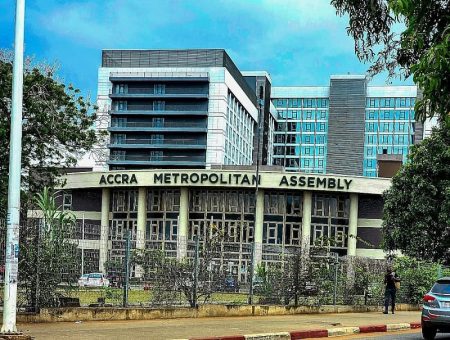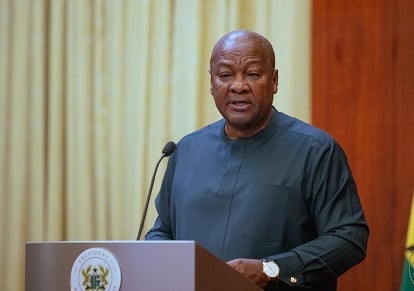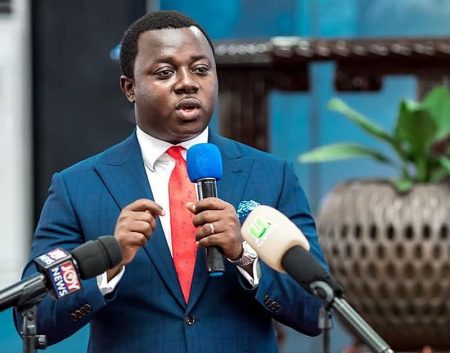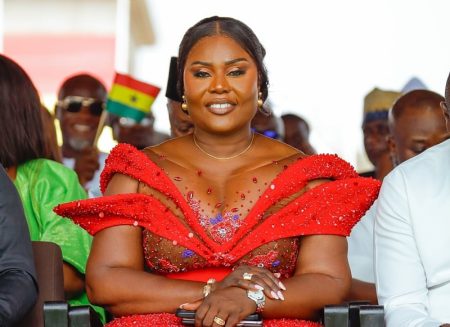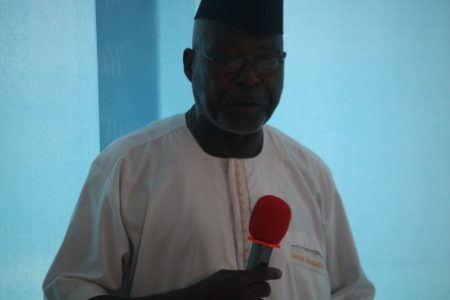Nigeria Resists US Pressure on Venezuelan Deportations and Visa Reciprocity Concerns
Nigerian Foreign Minister Yusuf Tuggar has revealed that the United States is exerting pressure on African nations, including Nigeria, to accept deportees from Venezuela, a proposition Nigeria finds difficult to accommodate. Tuggar expressed these concerns during a televised interview, emphasizing the already significant population pressures within Nigeria and the potential burden of absorbing potentially hundreds of Venezuelan deportees, particularly those with criminal records. He argued that accepting such deportees could create a precedent, leading to further requests from the US and exacerbating Nigeria’s existing challenges. The minister questioned the fairness of such a demand, given Nigeria’s limited resources and its own internal priorities.
Tuggar also addressed recent US tariff increases on Nigerian goods, dismissing speculation that they were linked to President Tinubu’s engagement with the BRICS nations. He suggested other factors could be at play, emphasizing Nigeria’s commitment to maintaining positive diplomatic and economic relations with both the US and its BRICS partners. This nuanced approach reflects Nigeria’s strategic positioning amidst evolving global power dynamics, seeking to balance its relationships with established powers like the US while exploring alternative partnerships.
The minister further clarified Nigeria’s visa policy towards the US, refuting claims of a reciprocal policy based on the 90-day visa offered to some US citizens. Tuggar pointed out that Nigeria offers various visa categories, including long-term multiple-entry visas similar to those provided by the US. He explained that the 90-day visa is primarily for first-time travelers or short-term visitors, and that Nigeria continues to issue five-year multiple-entry visas to regular US travelers. He emphasized that Nigeria’s electronic visa system is designed to streamline the application process, not to restrict access.
Nigeria’s stance on Venezuelan deportees reflects the complex considerations facing African nations amidst international migration pressures. Accepting deportees, particularly those with criminal backgrounds, poses significant social, economic, and security challenges. Nigeria’s position highlights the need for international cooperation on migration issues, with a focus on shared responsibility and equitable solutions. The Nigerian government’s concerns underline the importance of addressing the root causes of migration, including political instability, economic hardship, and humanitarian crises.
The discussion surrounding visa reciprocity between Nigeria and the US underscores the importance of clear communication and mutual understanding in diplomatic relations. While the US may have concerns regarding its citizens’ access to Nigeria, the Nigerian government maintains that its visa policies are consistent with international norms and tailored to different categories of travelers. Open dialogue and continued engagement between the two countries are crucial to address any perceived discrepancies and ensure fair and reciprocal treatment of citizens.
In conclusion, Nigeria’s response to US pressures regarding Venezuelan deportees and visa reciprocity showcases the nation’s commitment to protecting its interests while maintaining constructive diplomatic relationships. The government’s position reflects a nuanced approach, balancing domestic priorities with international obligations. The discussions highlight the complexities of international migration and the need for collaborative efforts to address these challenges. Furthermore, the visa reciprocity issue emphasizes the importance of transparent communication and mutual respect in fostering productive diplomatic ties.


